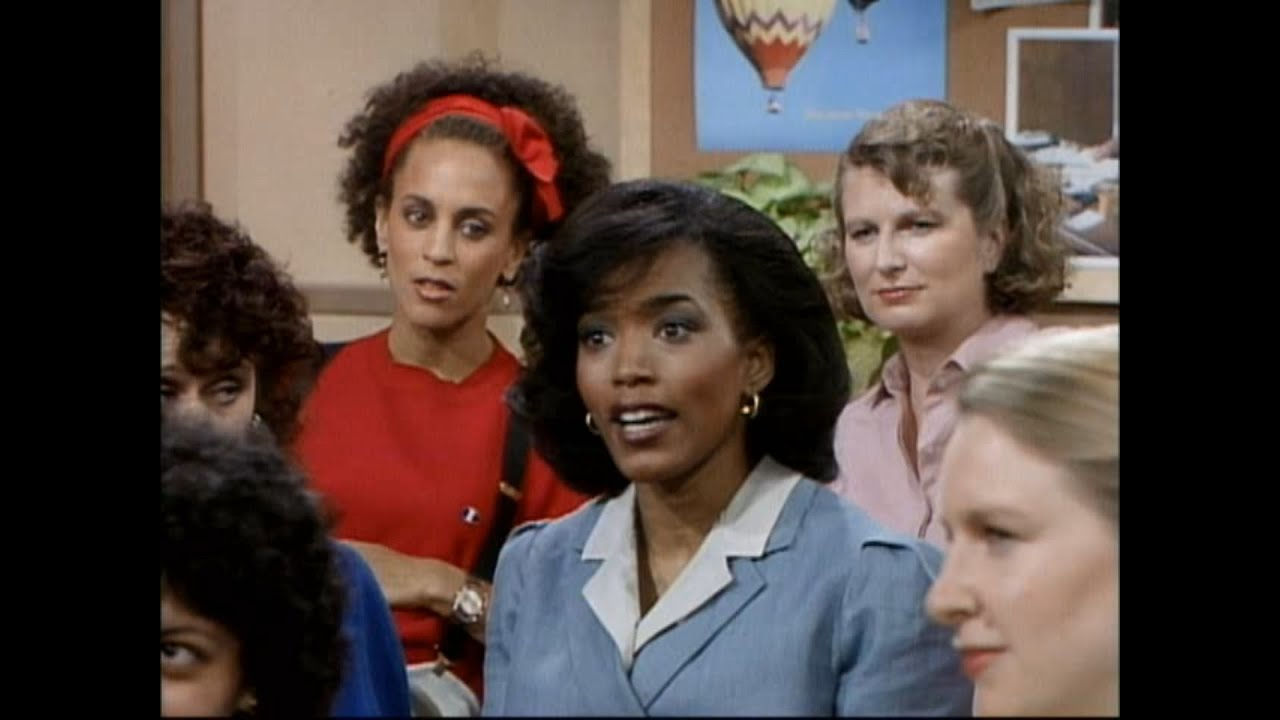
When The Cosby Show debuted on September 20, 1984, it wasn’t just another sitcom — it was a game-changer that forever altered the landscape of television. Before its premiere, the TV world was full of shows that largely relied on stereotypes and formulaic characters. The Cosby Show shattered this mold, offering a refreshing portrayal of an African-American family that defied the norms and represented a more positive, aspirational image for its viewers.
It all started with Bill Cosby’s vision. Cosby, already an established comedian and television star, wanted to create a show where African-American families were presented not just as comedic relief or secondary characters but as multi-dimensional, relatable figures. His idea was simple yet revolutionary: to depict a family with success, intelligence, and unity — values that transcended race and culture.
The Huxtables became an iconic family, where Cliff, a doctor, and Clair, a lawyer, successfully juggled their high-powered careers with raising a diverse, fun-loving group of children. The show was not only groundbreaking because it showcased a successful African-American family but also because it avoided the usual stereotypes prevalent in sitcoms of that era. Rather than focusing on struggles related to poverty or hardship, the show explored a broader range of topics — from academic pressure to teenage angst, from parenting dilemmas to intergenerational family dynamics.
Cosby’s decision to focus on family values and the universal experiences of parenthood made the show not only entertaining but relatable to a wide audience. As a result, the show’s success transcended racial lines, earning accolades from all corners of society. For African-American viewers, it was a rare opportunity to see their lives represented with dignity and complexity. For others, it was a chance to experience a different cultural perspective that had previously been underrepresented in mainstream television.
In the years that followed, The Cosby Show set the stage for other programs to take on similar themes. Shows like Family Ties, The Fresh Prince of Bel-Air, and A Different World all followed in its footsteps, proving that diverse families and complex, nuanced characters could succeed on primetime TV. Thanks to The Cosby Show, the blueprint for the modern sitcom — one that balances humor with real-life struggles and showcases a wide variety of experiences — was established.
